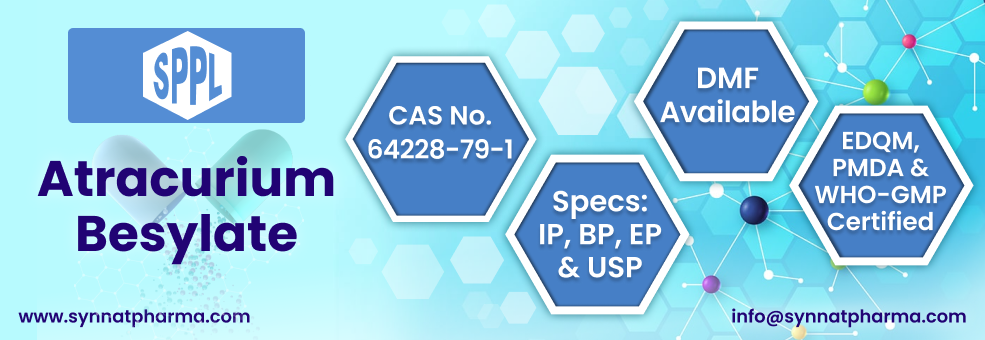


31 Mar 2023
// PRESS RELEASE
https://www.suanfarma.com/en/products/atracurium-cis-atracurium-non-depolarizing-neuromuscular-blocking-agent/

30 Jan 2023
// PRESS RELEASE
http://cfpharma.hu/development-of-manufacturing-technology-for-three-pharmaceutical-ingredients/

01 May 2020
// PHARMACEUTICAL-JOURNAL
https://www.pharmaceutical-journal.com/news-and-analysis/news-blog/covid-19-latest-boots-consultation-rooms-to-become-safe-spaces-for-patients-facing-domestic-abuse/20207843.article?firstPass=false

17 Apr 2020
// ACCORD-HEALTHCARE
https://www.accord-healthcare.com/newsroom/accord-healthcare-addresses-shortages-critical-ventilator-medicines-covid-19-patients

06 Jul 2019
// PRESS RELEASE
http://cfpharma.hu/archive/cf-pharma-received-halal-certification-copy-copy/

17 Sep 2018
// TGA
https://www.tga.gov.au/publication-issue/medicines-safety-update-volume-9-number-3-august-september-2018
